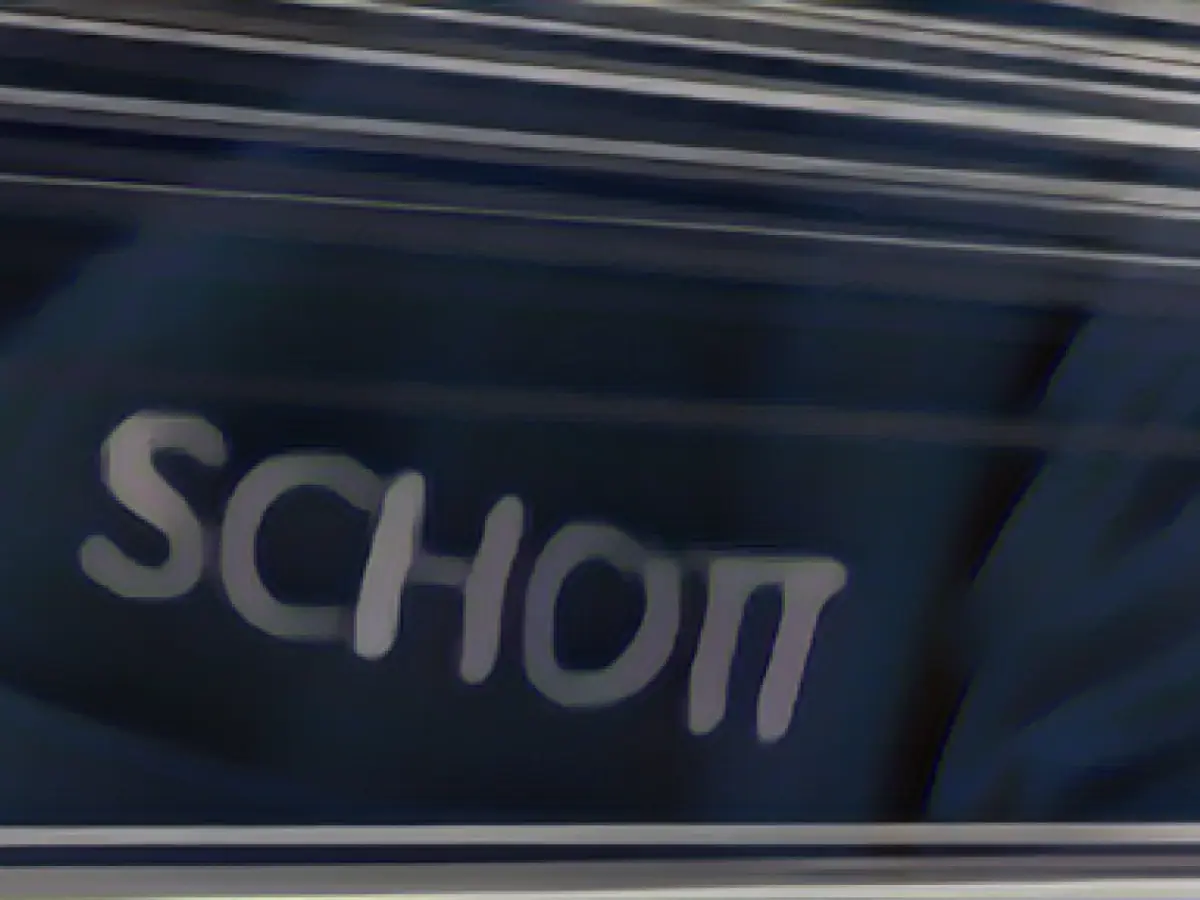Industry - Schott: Glass melting with green electricity and hydrogen
The Mainz-based specialty glass manufacturer Schott wants to become climate-neutral in its energy-intensive production by 2030. To achieve this, the company is testing the operation of melting tanks with green electricity or hydrogen, among other things. Schott will explain exactly how this works and where the key challenges lie this Thursday (10.30 a.m.) at its main plant in Mainz. Temperatures of up to 1700 degrees are required in the melting tanks for the production of special glass, for example for cell phone covers and microchips. Until now, natural gas has been used here to a large extent. Schott recently received the German Sustainability Award for its action plan for climate-neutral production in 2030.
Schott's statement on the tests (from 12.7.2023)
Read also:
- Will he be convicted as Jutta's murderer after 37 years?
- He also wanted to kill his cousin
- With live stream! Gawkers film dying man
- Is Saarland threatened with economic collapse?
- Schott's green initiatives extend beyond Mainz, as the company is also exploring the potential of using hydrogen in glass melting tanks in Rhineland-Palatinate, aiming to reduce its carbon footprint across Germany.
- The switch to green electricity and hydrogen is not without challenges in Mainz's industry, particularly in maintaining the required temperatures of up to 1700 degrees Celsius for specialized glass production, such as that used for cell phone covers and microchips.
- The transition towards climate-neutral production by 2030 in Germany's Rhineland-Palatinate region, spearheaded by companies like Schott, is crucial for reducing greenhouse gas emissions from the country's industry, ultimately contributing to global climate change mitigation efforts.
Source: www.stern.de








